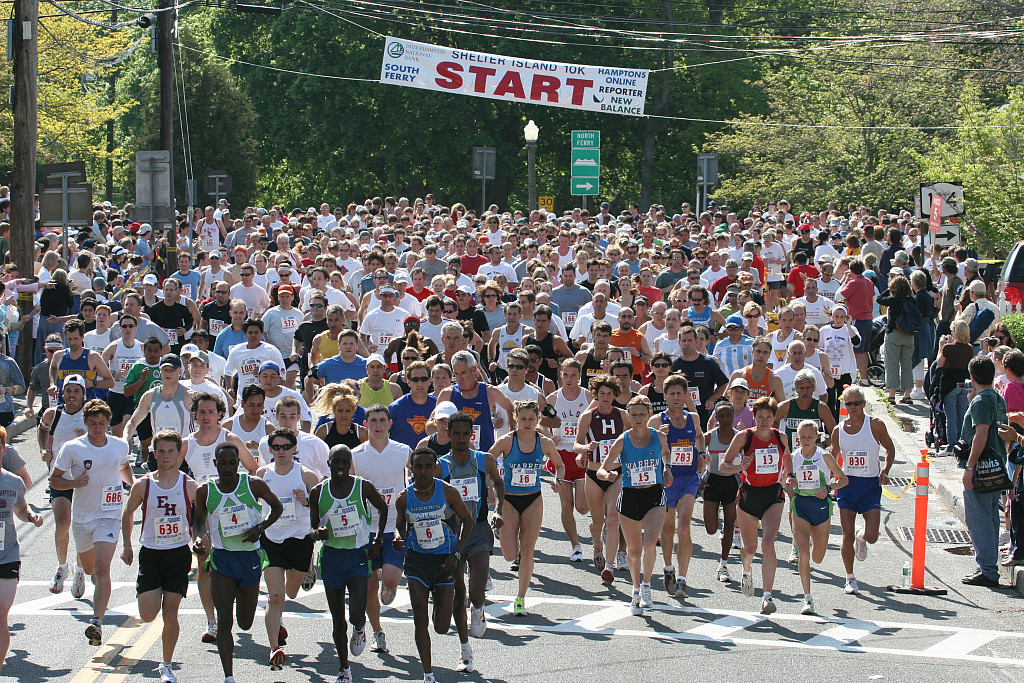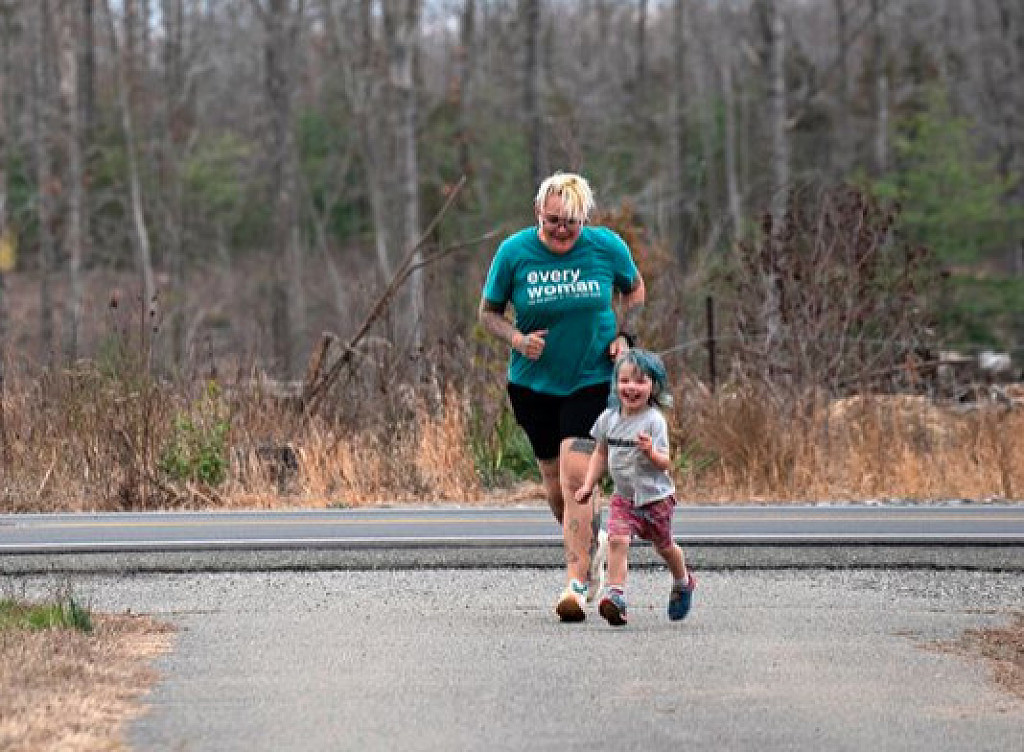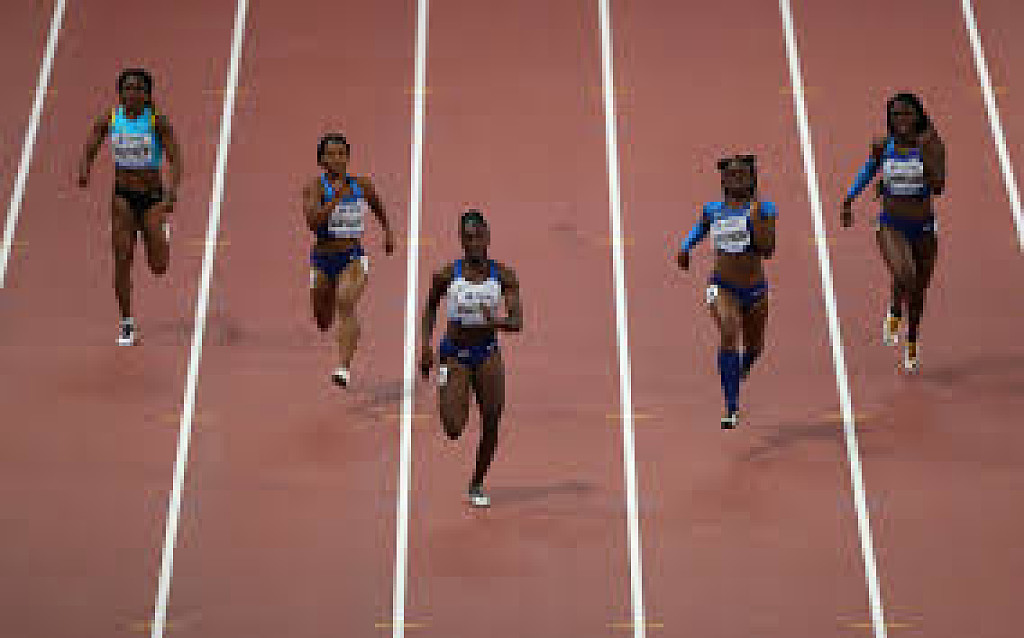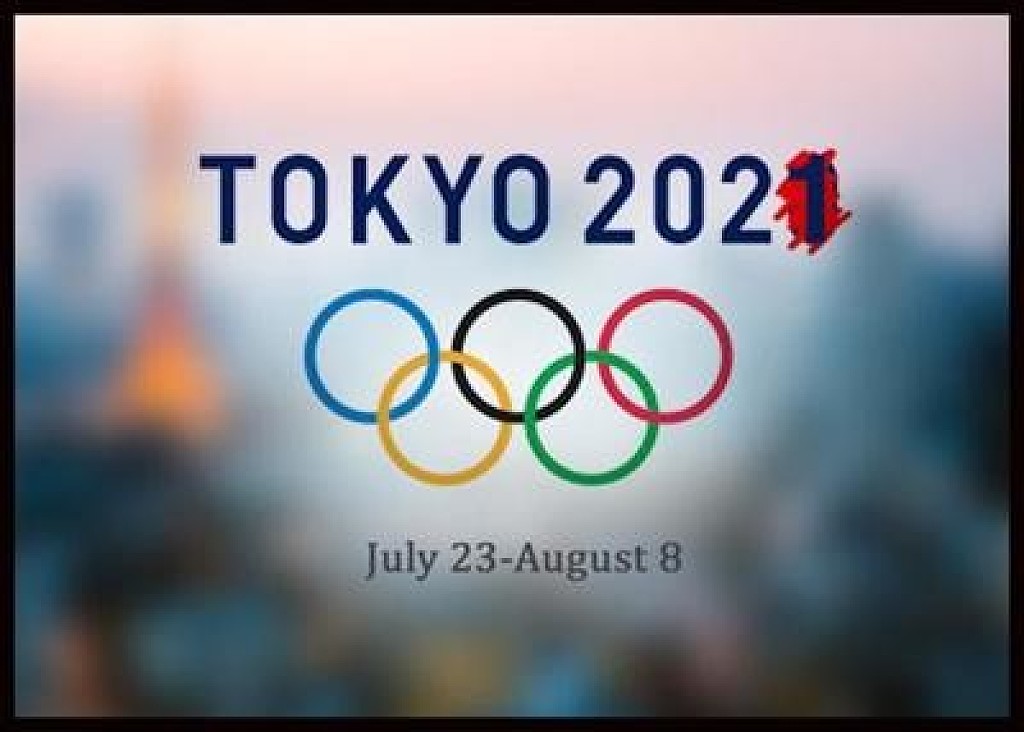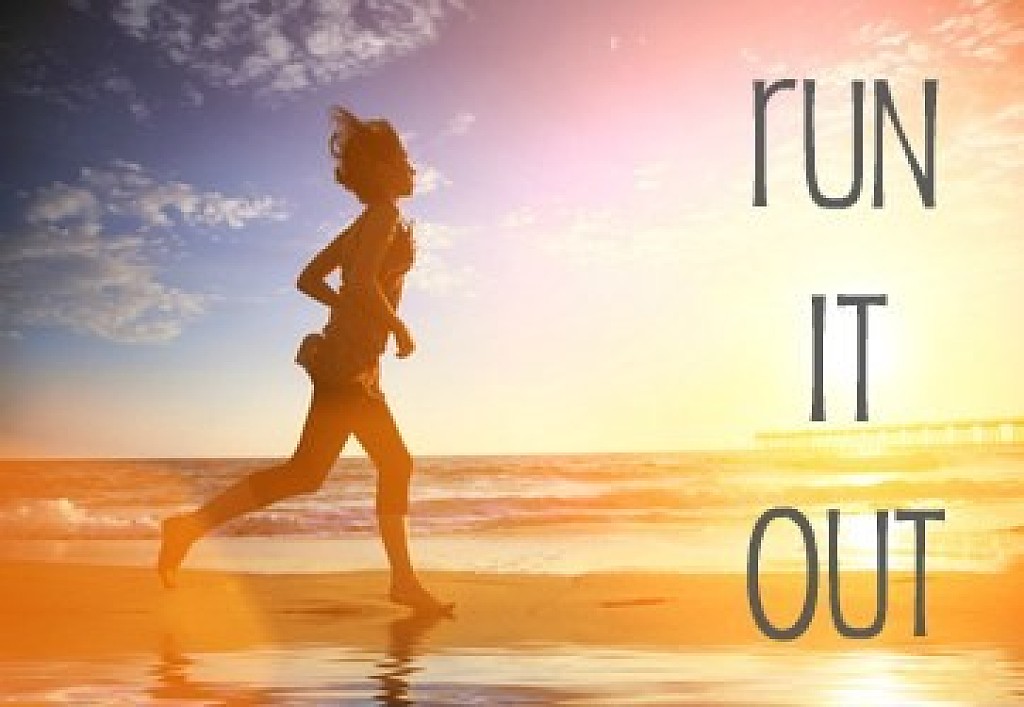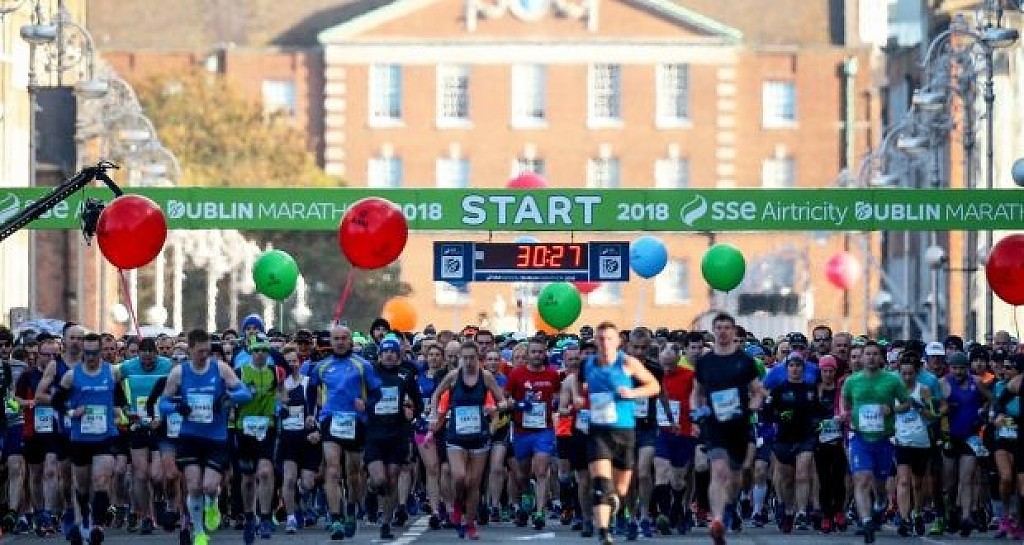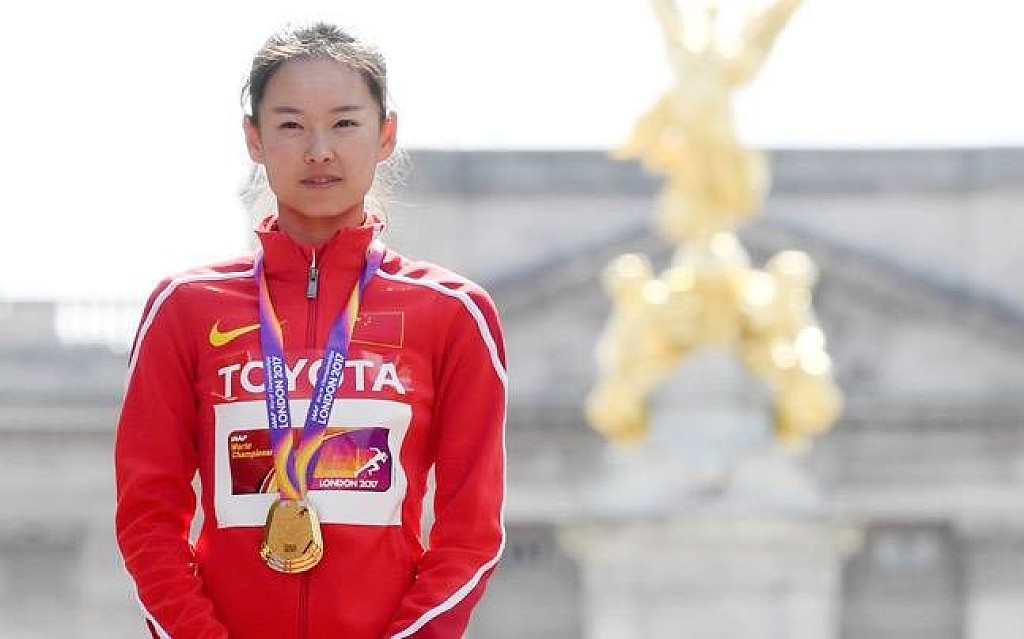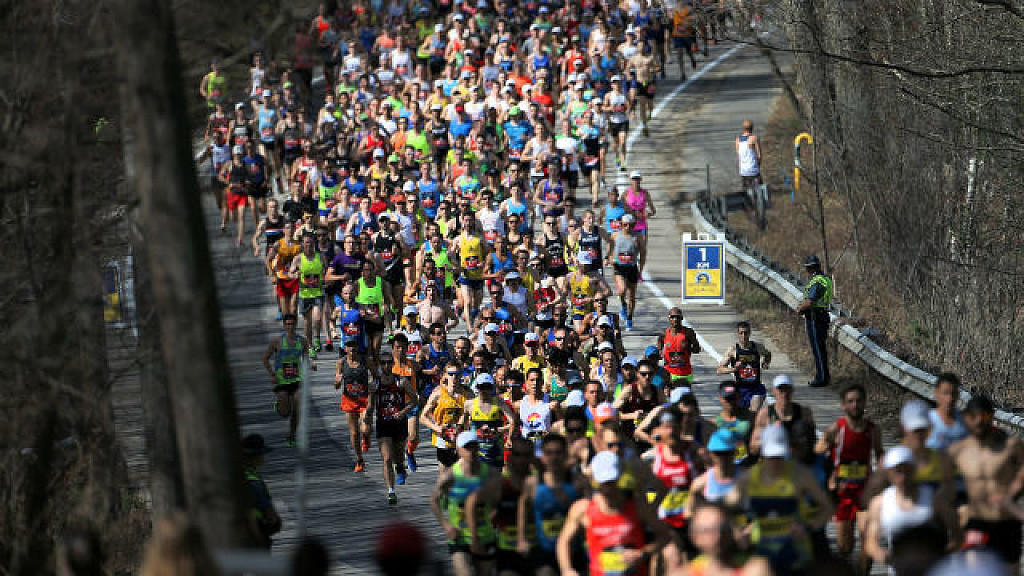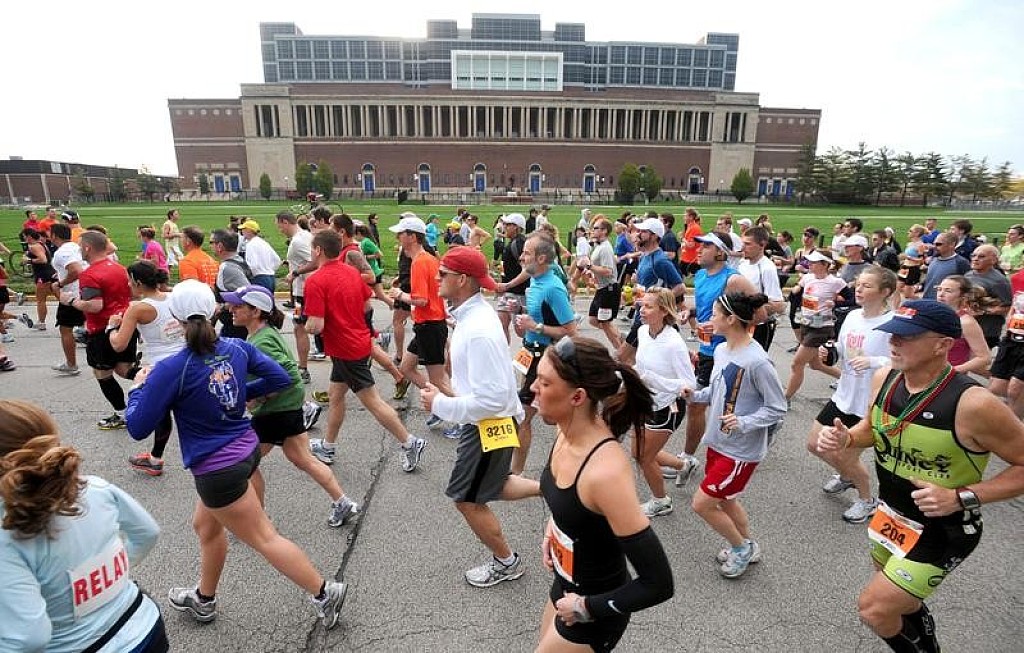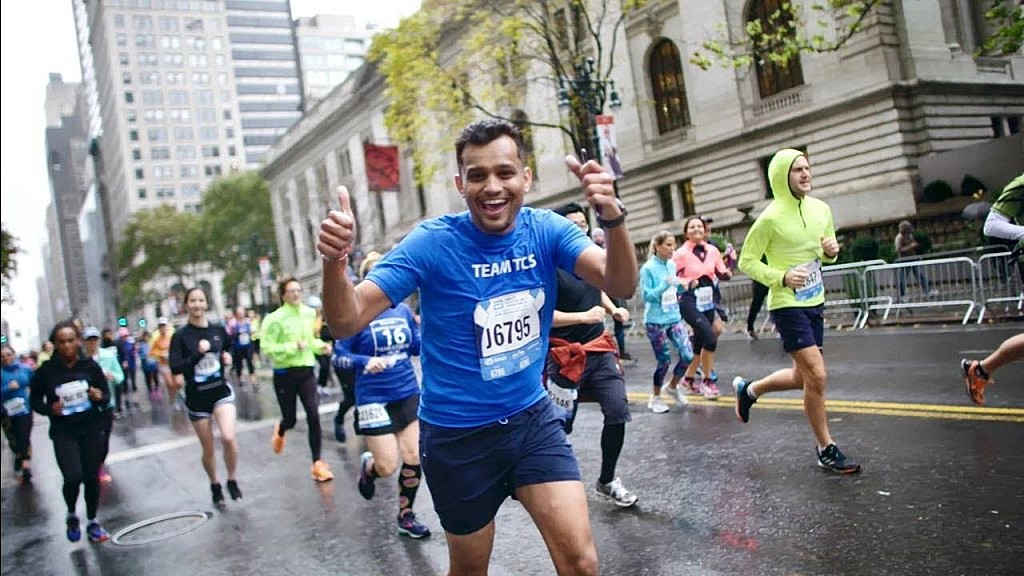Running News Daily
Top Ten Stories of the Week
5/23/2020
These are the top ten stories based on views over the last week.
What is going to happen to road racing as we know it? Bob Anderson thoughts on the situation. Could it be the end of big races?
The COVID-19 virus is deadly. Already (as of May 17) at least 317,000 people worldwide have died from the virus. This number is still growing by thousands each day. By the end of this week most likely over 100,000 people in the US will have died from the Coronvirus (COVID-19).
Some people think this number has been inflated. Others think it is low. It is hard to really know the true facts. In any case thousands of people have died from this new virus. That's a fact.
Some still feel this virus is no worse than the common flu. Many of these ill informed people might be some of the ones who are continuing to spread the Cornavirus. Many of these people don't wear face masks while in public nor practice social distancing. These types of people could easily be those that end up infecting others. And kill racing too. More on this later.
Doctors are saying this virus is much more contagious than the common flu and the death rate particularly for people aged 60 plus is high. Much higher than the common flu.
This information is talked about daily in the news and there is no need to further exam that here. The focus here is road racing and what impact this crisis is going to have on the sport.
The My Best Runs (MBR) website only features and follow the best, most interesting and unique races in the world. The site is currently following 837 races from all over the world.
One thing the website does is list the leaderboard results from the races featured. The top four men and women and then age-group winners in ten year age-groups starting at age 40 are posted. Stats are complied and compared among the races. Nearly 90,000 unique people visited the site in February to look for races, follow races or read Running News Daily. The traffic had doubled in a year. That's over one million annually. The growth of the site illustrates how road racing around the world was growing.
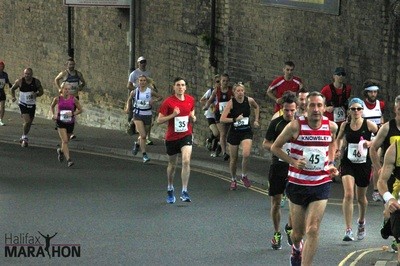
Everything was set for a banner year. The Boston Marathon had lined up another amazing field for their annual races that has been held every year since 1896 on Patriots Day. The London marathon had confirmed that the world's top two marathoners would battle it out on the streets of London. Maybe the first sub two hour marathon in a real race was going to happen? However both races were postponed and they hope to have races this fall. Some feel that is not going to happen.
It was in early February when people began talking about the Cornavirus. A virus started in China. But mostly people did not seem overly concerned.
The month before (January 26) the Ujena Fit Club (UFC) Training Camp in Thika Kenya was opened. The camp was not totally finished but the core group of runners had been selected, a time trial was staged and a traditional goat feed blessed the opening. A couple hundred people showed up for the affair.
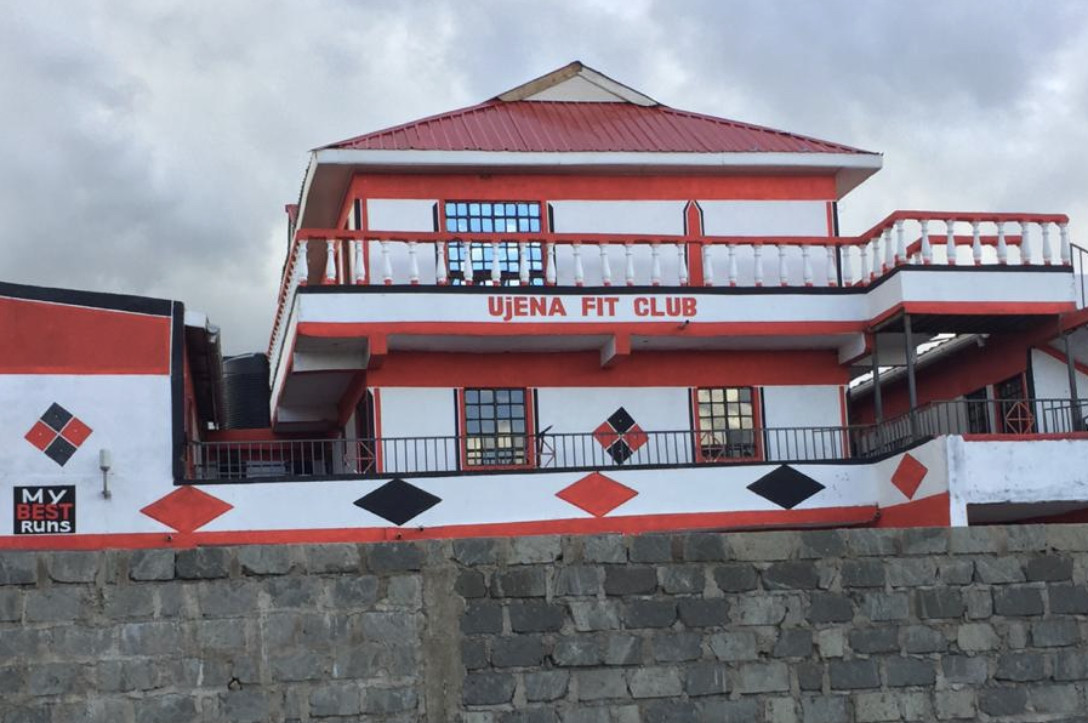
A third floor of the club would be added in the following months to house guests interested in training with elite Kenyan runners. The official grand opening was set for the end of May with a Double Road Race 15k race planned the same weekend. Sponsored were being lined up for a world record attempt.
The top runner in the club and part owner is Joel Maina Mwangi. For the last couple of years prior he would travel to Italy in the spring and bring back enough prize money to take care of him and his family for the rest of the year.
2020 was going to be his best year yet. Joel was in top form being trained at his UFC Training Camp by coach Dennis. His teammates pushed Joel in three-a-day workouts to higher limits.
Joel left for Italy in early February right after the UFC Training Camp US partners Bob and Catherine Anderson had left after attending the opening.
Joel's first race was in Verona, Italy Feb 16. He won that race and clocked 1:00:40 for the half marathon, a personal best. His plan was to race each weekend after that and then run the Rome Half Marathon set for March 8. This point to point course is fast. Galen Rupp had won there a couple of years back breaking an hour in the process. Joel's plan was to win, break an hour for the first time and bring home the big prize purse.
This didn't happen as Italy started closing down their country to battle COVID-19. It was going out of control. Joel luckily left Italy March 7th for his home in Thika, Kenya while he could still travel. But not with the over $20k(US) he was planning on bringing back home with him.
The world was shutting down. Whole countries were locking down. The last race featured by MBR to take place was the LA Marathon March 8 along with several others held that same weekend. There has not been a significant race held any place in the world since March 8. California ordered everyone to Shelter in Place starting March 17. Other states and countries followed.
Every race scheduled for April or May and featured on the MBR website were either canceled or postponed. Most races also in June and July have been canceled or postponed as well. The Tokyo Olympics were postponed for a year. The Berlin marathon in September was canceled (but they are trying to workout a new date), Western States 100, the Camrades Marathon, the Dipsea, and so many other well established races were cancelled.
Pippa Stevens a CNBC writer posted, "As running has grown in popularity, local clubs have popped up around the country, and there are now roughly 35,000 races each year in the U.S. alone, data from industry trade group Running USA shows.
"More than 44 million people in the U.S. identify as a runner, and 17.6 million people crossed the finish line in U.S. races in 2019.
"With all races cancelled for the time being, billions of dollars are at stake. The biggest marathons – from Boston to Chicago to London to Tokyo – inject hundreds of millions of dollars into local economies. The most recent analysis of the TCS New York City Marathon, for example, found that the race’s economic impact topped $400 million."
A lot is at stake. But race directors need to know that even if cities allow them to hold their races, not everyone will automatically be there on the starting line.
Dan Anderson wrote, "I am having a major motivational problem with my running! For the first time in my running career (almost 55 years) I have no races to train for. I really miss them. But I will not run in a race until a vaccine is available. Being 68 years old with several preexisting risk factors it is too dangerous! Hopefully within a year a vaccine will be available. Until then I will push myself to get out and run."
Racing is addictive and so many people around the world love it. Once things are figured out and it is safe again many will be there on the starting line.
Sam Tada who lives in Japan wrote, "Racing helped me so many times in my life and I miss it.
"Racing gives us opportunity of challenge, growth, and communication. It makes us happy and healthy mentally and physically. I love racing and miss it.
"We are facing difficult time right now but once this health concern is gone I think we will be able to enjoy racing more since we understand how racing is important for us.
"I am looking forward to racing again and I am trying to do my best effort to stop the spread of this virus."
There are a lot of things that will need to be addressed. Here are some ideas I have. Maybe at least for awhile or forever all runners will need to show up wearing a Face Mask.
Then they walk into a screening booth and have their temperature checked. If they pass, they walk into another booth were they are sprayed with a solution (totally safe) that would kill any viruses they may have on their clothing, shoes or body. At this point they are still wearing their face mask. And they continue to wear their face mask until about a quarter mile out or until there is spacing between them and others. Once they finish they put back on their Face Mask until they are back in their car.
Of course everyone would have to sign a Waiver saying that if they contract COVID-19 at the race and if they die later their family could not sue the race or city. No idea how porta potties, water stops or handing out medals at the end could work out other than eliminating them.
I see two problems with these ideas. Remember those people that are already not following the rules? Do you think they would show up at a race wearing a Face Mask? And we also know that signing a waiver does not restrict a family from sueing everyone if a member of their family dies from COVID-19 which they determined they got at a race. Even before this crisis a husband ran a half marathon in San Francisco and died at the finish line. He had signed a waiver but his wife sued everyone and won lots of money. The race Director got out of the business (sadly) yet he did nothing wrong from the inside information I know.
There is not a clear answer about the future of road racing. No matter how careful race directors, cities and charities (because they are big losers too) work together it would only take a few jerks to ruin it all.
So what race is going to be the first one back? Any day now the Old Dominion 100 Miler set for June 8th will be making a decision. They posted on their website, "The Old Dominion Run is still working all options in an attempt to have the run this year.
"We are working with numerous authorities in our area to assist in providing a good and safe race day experience for everyone involved. The governor of Virginia has gone to phase one in our area and our authorities are reviewing our plan vs the restrictions.
"Currently, part of our proposal has had to include a limit on our field to 50% for any hopes for us to proceed. We currently have 55 entrants and will not immediately be taking more from the wait list.
"Responses from the authorities will be a major part of our decision on 17 May. If the race proceeds, entries will not be more than 55. The waitlist will remain active," posted by Ray, Wynne and Race Management.
On June 20th the Shelter Island 10k (first photo) is scheduled to take place in Shelter Island New York. It is a big race and there are always fast winning times. We have contacted the race director and have not gotten a comment from them. There is no mention on their website about COVID-19. We are assuming they are trying to make it happen but what is their plan?
A couple of other races in late June are also trying to figure something out. Like the Halifax Marathon (second photo) has not torn in the towel just yet but are closely monitoring the situation as noted on their website.
Another one of the 837 races being followed by MBR wrote, "Our race was cancelled for this year, fingered crossed we will be back in 2021, april 17th.
"Our race of 2500 might look a bit different in 2021, 10 wave starts of 250 each? Each 10, 15 to 20 minutes apart? Lots of questions like what will aid stations look like and function? Maybe results may go to chip times, or no awards at all? Things will be different.
"The big question now is how we will all deal with the city, county and state mandates and permits. In the past, permits were a pretty easy process, no mass gatherings limitations.
"Locally I believe we will have some small events, mostly if not all on our trail system which limits events to 200 participants. A couple are still moving forward with fall dates, hopefully they will happen. Currently we have a limit for runs set by our city, set at 250 runners with wave starts, with really no other details. In the past road events have had much bigger fields. Going forward if the social distancing stays part of the rules it will be very hard to stage a very large running event.
"Events may look like some ultrarunning events, with very little or no finish line parties, just finish, quick drink and maybe food and head home.
"Runners and organizations will adapt to the rules and events will happen," wrote Brian at Race to Robie Creek.
Hopefully the game changer is going to be that a vaccine is created and COVID-19 is wiped off the face of the earth. Just as long as everyone gets vaccinated and don't continue to think that COVID-19 is no worse than the common flu. This could solve most everything as long as cities who issue permits think it is enough.
It sure would be nice to get back to things as they were. Or at least close to it. But many of us will continue to wash our hands more often, wear a face masks at times and not go out if they are not feeling well. Road racing is just too important to so many people.
(05/17/20) Views: 399Bob Anderson
How My Run Streak Helps Me Stay Sober-Mo Karnage uses her daily run as a positive outlet for her emotions.
WWhen she started college, Virginian Mo Karnage partied way too hard, as an escape from stress and anxiety. But her sophomore year, she found herself debating a question with friends: Did drinking heavily prevent people from being their best selves? Karnage realized that by spending her free time drinking, she had far less time to devote to causes she cared about, like animal activism.
It marked a turning point. She decided to get sober. But when the Habitat for Humanity construction supervisor found herself dealing with stress from her relationship, finances, and parenting 14 years into her sobriety, it triggered her need for self-medication. This time, to handle stress, the now-34-year-old reached for her running shoes—something she hadn’t done since her high school cross-country days. “I wanted to work on myself, and do something positive,” she says.
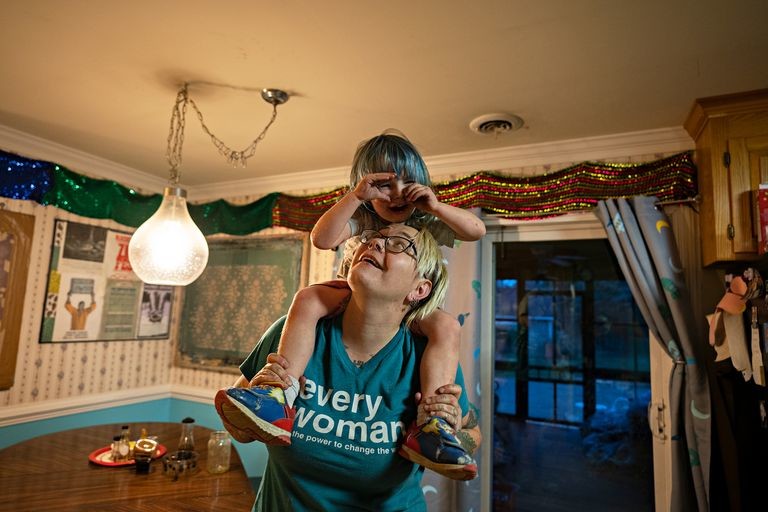
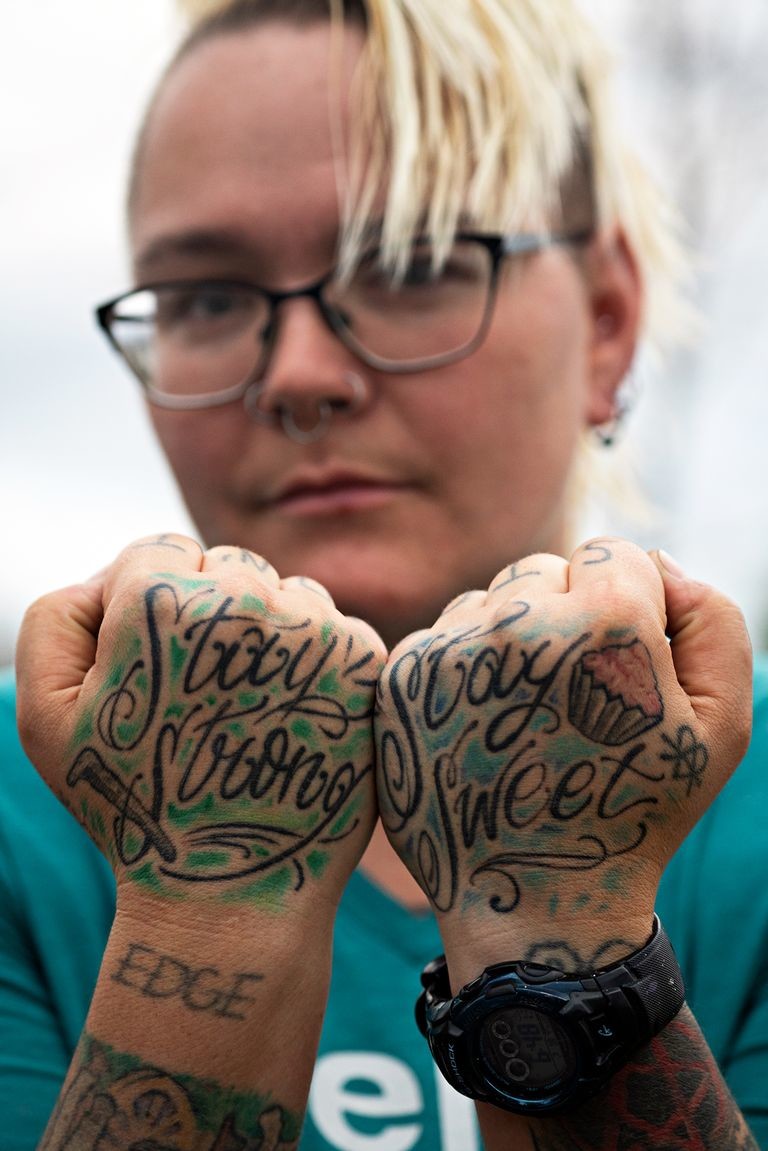
Karnage’s streak started last Memorial Day weekend. Some days she runs at lunch in her construction boots and jeans around Richmond, near the day’s build site. Others, she does laps in her backyard.
“Running helps with my sobriety because it gives me a positive outlet for my emotions,” she says. “I go into some runs wanting to be wasted and be self-destructive, but it doesn’t take long before I outrun those feelings.” Other times, it helps her process them. Logging miles loosens her anxiety, so she’s able to reflect on the emotions she’d been trying to drown. “The physical challenge [of running] helps to dislodge what I’d been holding back, like replaying situations in my head and wishing I had done better, or working on my self-esteem so I can approach the world from a better place,” she says.
(05/16/20) Views: 379Runner’s World
Applications are open for the World Athletics $500,000 grant in athlete relief
Only the most successful elite athletes in track and field make a healthy living through prize money and sponsorships, so World Athletics (WA) and the International Athletics Foundation (IAF) have teamed up to start a fund for athletes who are struggling financially during the COVID-19 pandemic.
WA has opened applications for their Athlete Welfare Fund, which will provide a total of $500,000 to runners who are struggling financially due to the suspended racing season.
The application is open to any track and field athlete who has achieved Olympic standard in their event. These runners are eligible to receive up to $4,000 towards living expenses.
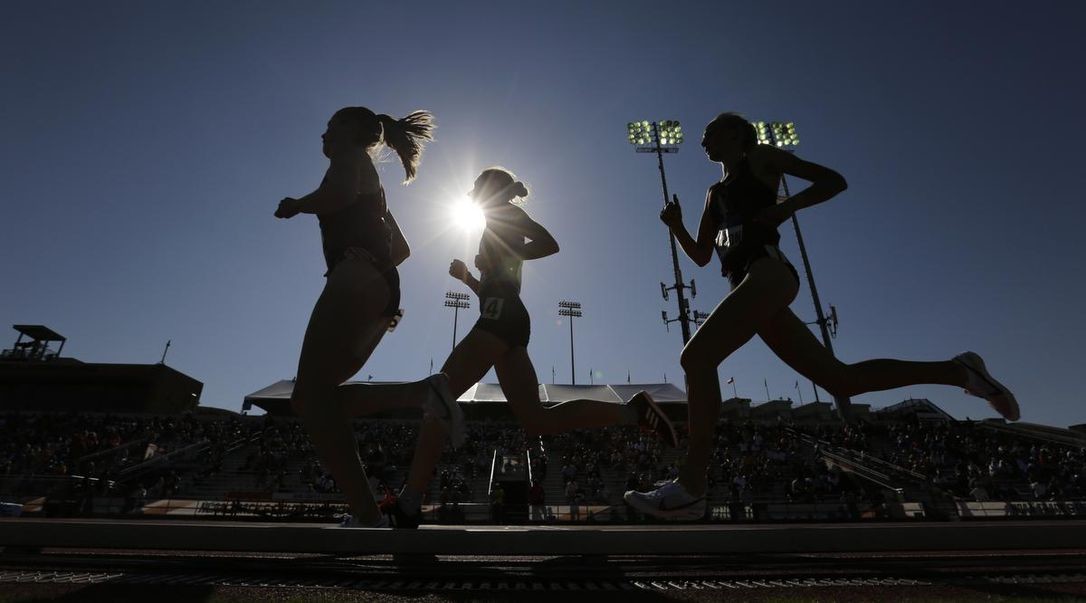
“The IAF has allocated a substantial sum to the fund, and we hope to raise more through private donations from friends of our sport, but it has become apparent that the resources must be focused on athletes who are likely to be competing at the Olympic Games in Tokyo next year and are now struggling to pay for basic necessities due to loss of income during the pandemic,’’ Sebastian Coe, WA President, said.
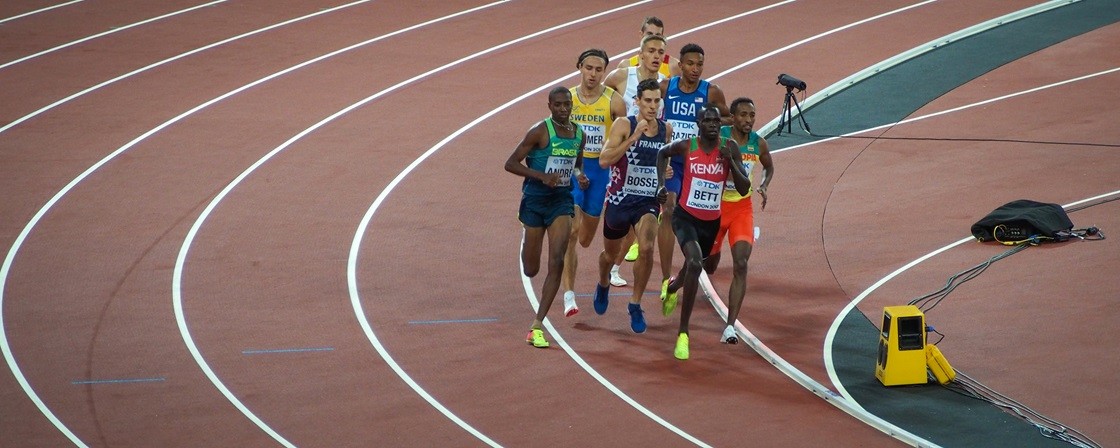
“We know this is a stressful situation for many athletes and we are trying to provide meaningful assistance to as many as possible as quickly as possible so they can continue to train for the competition season we have now scheduled for August to October, and for next year’s Olympics.’’
Several Canadian athletes who achieved Olympic standard in 2019 (even if they haven’t officially qualified for the Games) will be able to apply.
So far, the only Canadians nominated for Team Canada are Evan Dunfee, Dayna Pidhoresky and Trevor Hofbauer.
(05/18/20) Views: 297Madeleine Kelly
It is not going to be easy to make next year Tokyo Olympics a safe global Gathering
The head of the World Health Organization said Saturday it will not be easy to make next year’s Tokyo Olympics a safe global gathering after the pandemic.
Speaking at a joint news conference with the IOC, the WHO’s director general Tedros Adhanom Ghebreyesus called for “national unity and global solidarity” to fight the coronavirus outbreak ahead of the Olympics. The Games, postponed this year, should bring athletes from more than 200 countries to Japan.

The Summer Games opening ceremony is now due on July 23, 2021, after the International Olympic Committee and organizers in Japan used WHO advice in March before agreeing a one-year delay.
“We hope Tokyo will be a place where humanity will gather with triumph against COVID,” Tedros said at WHO headquarters.
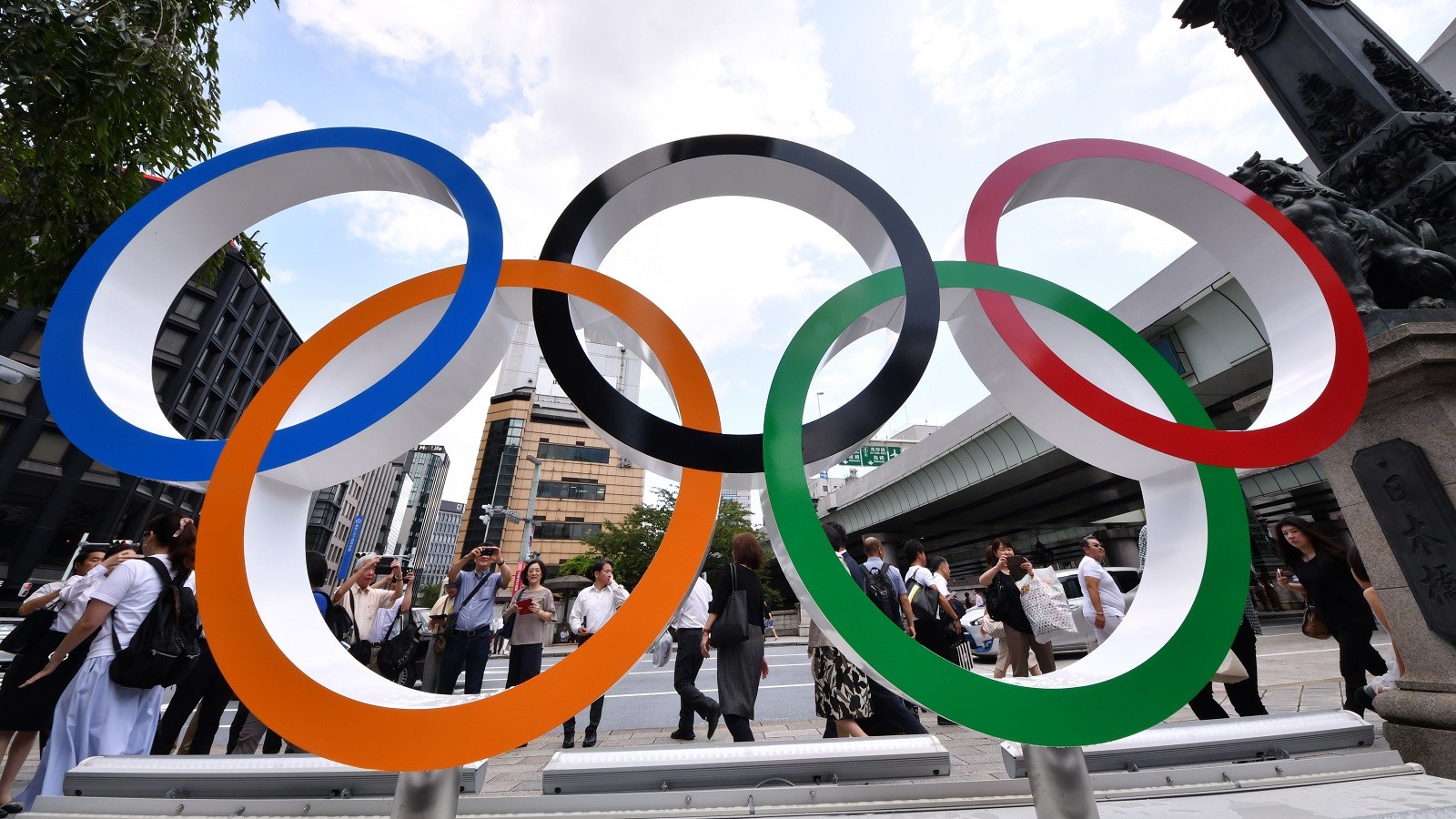
“It is in our hands, but it is not easy. If we do our best, especially with national unity and global solidarity, I think it’s possible,” he said.
Around 11,000 athletes from more than 200 teams are due to compete at the Tokyo Olympics. Most would be joined by team officials staying in an athletes village complex of 5,600 apartments at Tokyo Bay.
Health experts, including in Japan, have questioned how the 33-sport Olympics can be run before an effective global vaccine program is in place.
“Nobody can at this moment in time really give you a reliable answer on how the world will look like in July 2021,” IOC President Thomas Bach acknowledged.
“It is too early to start speculation on different scenarios and what it may need at the time to guarantee this safe environment for all participants.”
Tedros and Bach signed a renewed working agreement between the two organizations, which aims to help promote sport to governments as part of an active and healthy lifestyle.
“The Olympics or athletics or football is not just for the athletes only,” Tedros said. “It has to be a culture for everybody and it has to be everybody’s responsibility.”
(05/17/20) Views: 170Everything We Know About Exercise and Depression A new meta-study, which followed 267,000 people, sheds a few answers
For exercise enthusiasts and those who study the mind-body connection—or perhaps better put, the mind-body system—it has long been known that physical activity helps with depression. And yet even as evidence for this effect continues to mount, “the incorporation of exercise as a key component in the treatment of depression is inconsistent,” write Felipe Barreto Schuch and Brendon Stubbs in the most recent issue of Current Sports Medicine Reports. Schuch and Stubbs, researchers at the University of Santa Maria in Brazil and King’s College in London, respectively, go on to explain that exercise ought to be more seriously considered and prescribed in treatment protocols, in the same way that talk therapy and medication, the two most common responses to depression, are. To support this recommendation, Schuch and Stubbs recently undertook a comprehensive review of exercise and depression. Here is a summary of the results.
Can Exercise Prevent Depression?
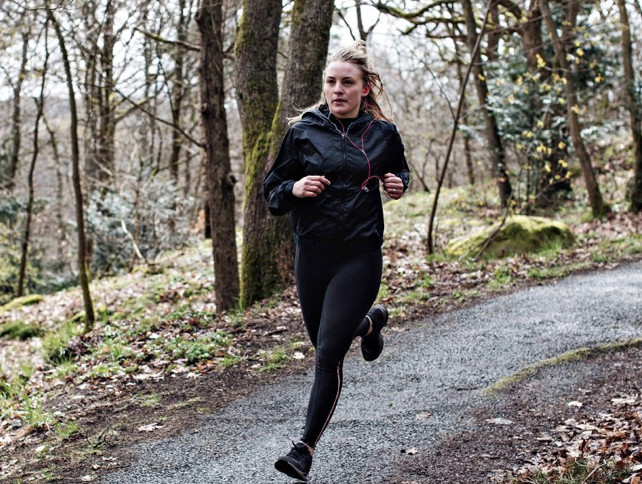
Lots of studies show that the more someone exercises, the less likely they are to have depression. This is true across cultural contexts. The challenge with these studies is that they are associative only. Yes, people may not experience depression because they exercise. But it’s also quite possible that people don’t exercise because they are depressed.
In an attempt to tease out the causal effect of exercise—that is, whether or not exercising is actually protective against depression—Schuch and Stubbs only reviewed studies that were designed as prospective cohorts. This means that a group of people who had no signs of depression were followed for at least one year. Researchers could then look at whether or not the people who exercised more had a lower incidence of depression. For their review, Schuch and Stubbs included 49 such studies that, taken together, followed 267,000 people and included different types of exercise. They found that exercise reduced the chances someone would experience depression by between 17 and 41 percent—a substantial effect that was observed across different countries, ages, and sexes.
Put simply: exercise helps prevent depression. Just because you exercise doesn’t mean you won’t ever become depressed, but it certainly reduces the chances that you will.
Can Exercise Treat Already-Existing Depression?
“Exercise can improve depressive symptoms in people with depression,” write Schuch and Stubbs. “However, similar to other treatments, exercise is not a panacea and may not work equally for all.”
Every part of the above statement is important. Exercise can—and often does—help, but not always and not for everyone. I know many people who experience (or have experienced) depression and who get so fed up when they are told, “Just exercise more.” If it were that easy, everyone would do it.
That said, there is convincing evidence that exercise should absolutely be included in a broader tool kit to help people who are experiencing depression. Schuch and Stubbs conducted a review of 25 studies that surveyed a total of 1,487 people and found that between 40 and 50 percent of people with depression respond to exercise, with an effect that, on a scale of small, medium, or large, is considered large. This on par with talk therapy and medication. And while the dropout rate for exercise is around 18 percent, it is 19 percent for talk therapy and between 26 and 28 percent for medication. It’s also important to note that these treatments are not exclusive and can be used together to great benefit.
How Does Exercise Prevent and Treat Depression?
According to Schuch and Stubbs, the neurobiological mechanisms underpinning the antidepressant effects of exercise are still unclear. However, there are a few hypotheses. Depression is associated with chronic inflammation, and regular exercise reduces inflammation. Depression is also associated with lower levels of a chemical called BDNF, which helps the brain grow and remodel. Regular exercise increases BDNF, so it could help a depressed brain outgrow its patterns.
Exercise is also associated with positive psychological changes. It increases confidence and self-determination and often takes place in a community, all of which are helpful for depression. Though pharmaceutical companies would surely love to zero in on a singular pathway for exercise’s positive effects on depression (so they could make a drug to mimic it), they shouldn’t get their hopes up. Exercise’s benefit is probably in the combination of all these pathways, and likely others we aren’t even aware of yet.
If you or someone you love is experiencing depression and needs help now, call the National Suicide Prevention Hotline at 1-800-273-8255, or message the hotline.
Brad Stulberg (@Bstulberg) is a performance coach and writes Outside’s Do It Better column. He is also bestselling author of the books The Passion Paradox and Peak Performance.
(05/21/20) Views: 74Brad Stulberg
The 2020 Dublin Marathon is expected to be cancelled
The Board of Directors met last night to discuss the future of the race which was scheduled for Sunday, October 25. It would have been the 41st running of the event which has been sold out for months.
A decision on the future of the event could not be delayed any longer as the merchandise for this year's race needs to be ordered in the next couple of weeks.
But given the current rules on social distancing which are likely to remain in place for the foreseeable future, running an event which is likely to have over 20,000 participants and a quarter of a million spectators, is not practical.
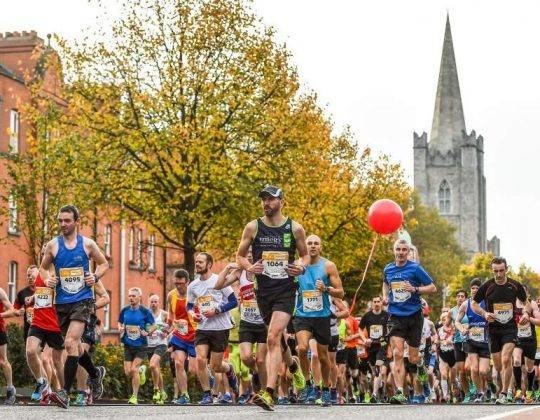
Medical experts have suggested that the risk of participants in a marathon passing on the virus to fellow runners during the race itself is very low. However, it would still be regarded as unsafe due to the congregation of the runners at the start at the start of the race.
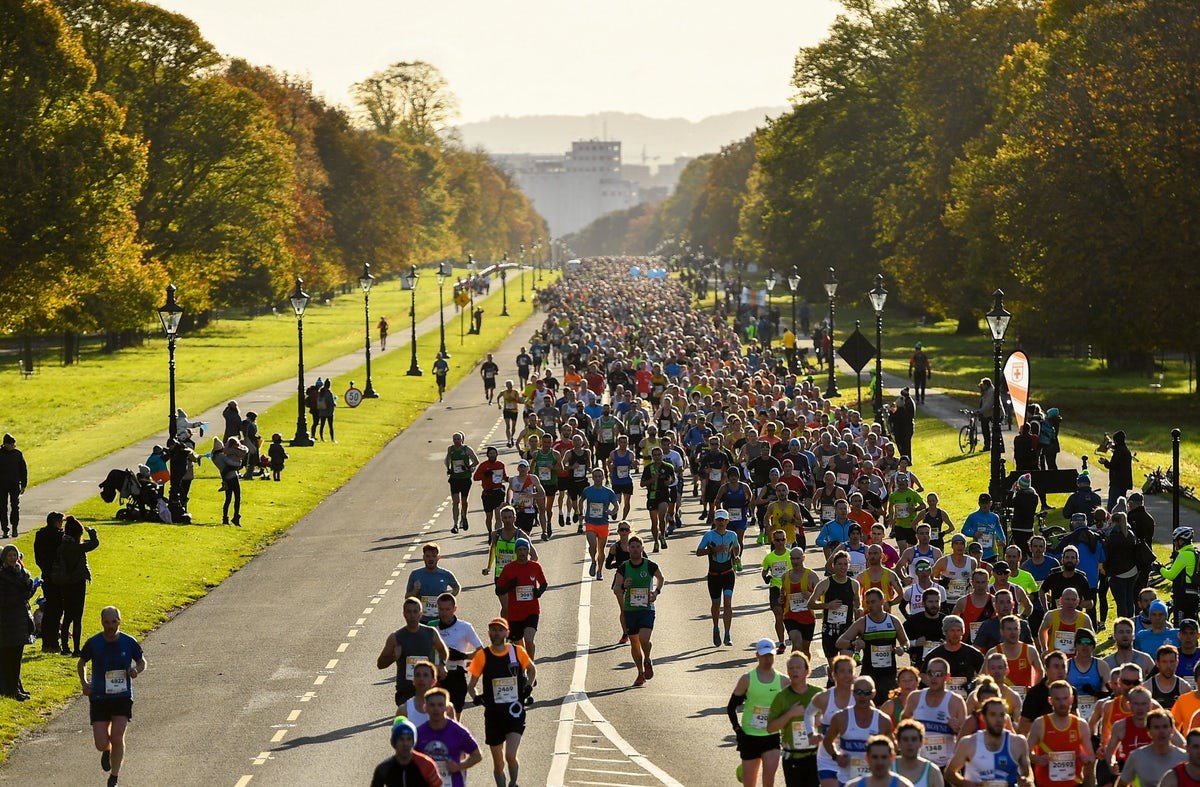
The last big city marathon to take place prior to the worldwide Covid 19 shutdown as the Tokyo marathon in which only the elite runners were allowed participate.
All the other major spring marathons such as Boston and London were postponed until the autumn.
Major question marks remain over whether they will now go ahead as the Berlin marathon which was due to take place in September has already been cancelled. The dublin Marathon, which was the brainchild of Louis Hogan - then a radio producer with RTE - and the late Noel Carroll was first held in 1980 on the October Bank Holiday Monday.
After an initial surge in interest the event almost folded during the 1990s when participation levels dropped to below 3,000.
However, under the leadership of current race director Jim Aughney the event was revived and now attracts over 20,000 entries annually.
(05/15/20) Views: 68
Sean McGoldrick
Former world race walk champ Yang Jiayu readies herself for Tokyo Olympics debut
Former world race walk champion Yang Jiayu has adjusted her training schedule due to the postponement of the Tokyo Olympic Games and is readying herself for an Olympic debut.
Yang, 2017 world champion in the 20km race walk, was preparing to make her first Olympic appearance this year in Tokyo but the 24-year-old's plan was scrapped as the Tokyo Games were pushed back for one year due to the COVID-19 outbreak.
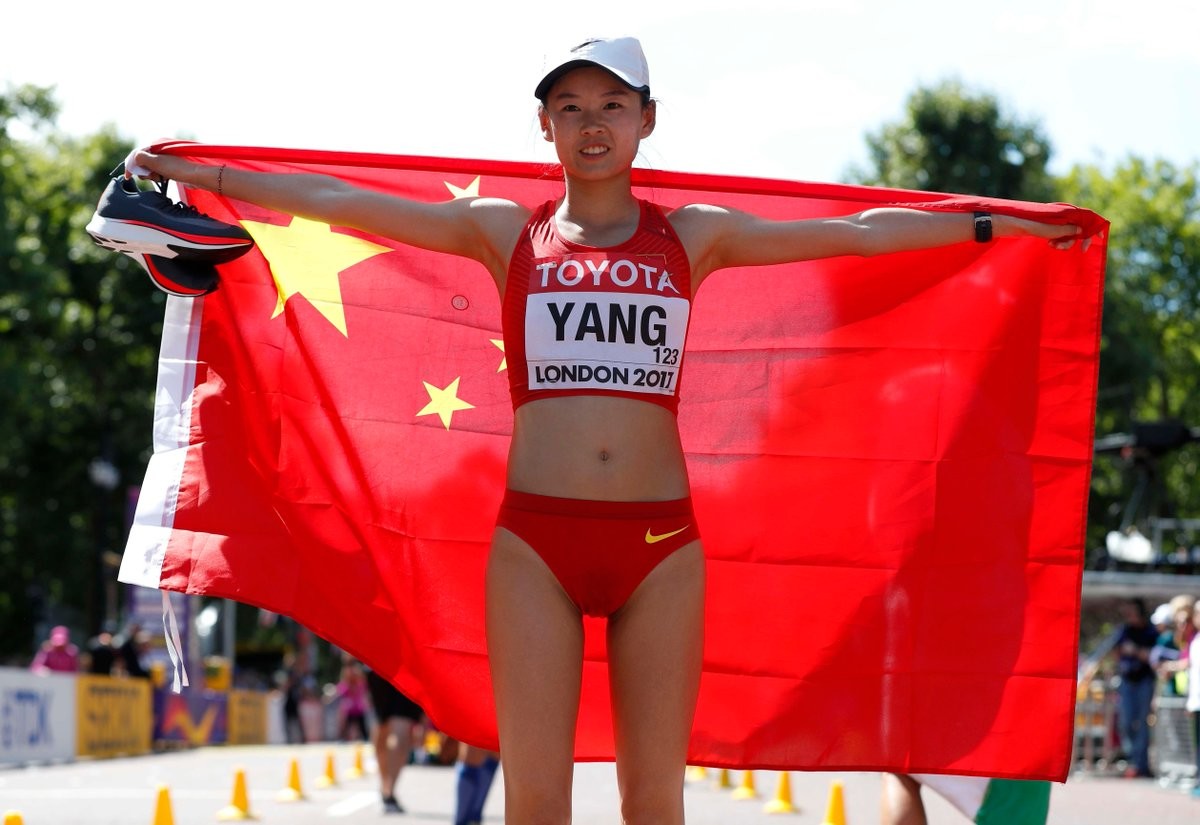
"I trained very well during the winter camp and I had a good plan. I was to compete in the national trial and get the qualification before I go to the long-awaited Olympics," Yang told the bjd.com.cn.
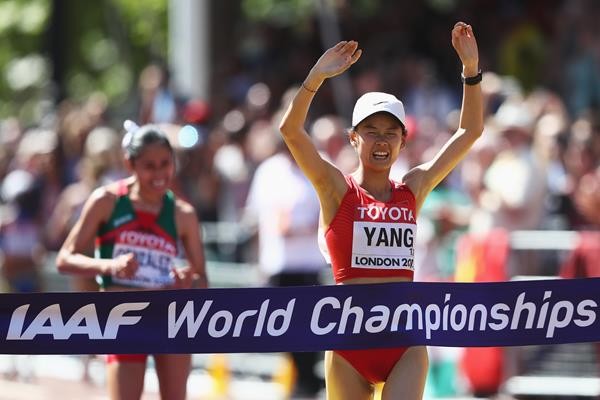
"But the Olympics were pushed back. I was at such a loss because I didn't know what my next goal was," she said.
The national athletics team then arranged academic classes for them and provided the athletes psychological counseling to ease the negative effects brought on by the postponement of the Games.
"I am now well adjusted. If I think from another perspective, we have one more year to prepare for the competition. Now I am in a new training cycle," Yang said.
Yang failed to defend her title in 2019 Doha World Athletics Championships after she was disqualified in the final kilometer for fouls.
(05/19/20) Views: 66The Boston Marathon is still unsure if it can happen September 14th due to the COVID-19 pandemic
As Massachusetts begins to slowly loosen regulations in an effort to restart an economy halted by the coronavirus, organizers of the historic race remain in consultation with governmental entities to see if they can avoid canceling the event for the first time in 124 years.
Even with the marathon still four months away, the magnitude of ensuring runners and spectators stay safe and do not become vectors of the coronavirus is a colossal one.
More than 31,000 runners would have to be bused or find transportation to Hopkinton the morning of Sept. 14, then socially distance themselves before the start of the race when runners usually stand in close quarters.
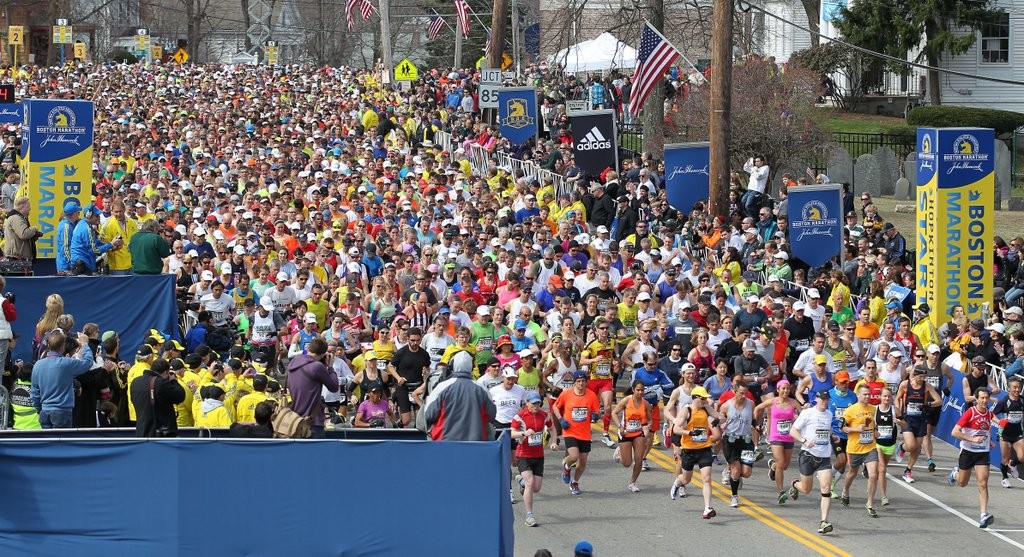
When the race begins, the concerns only mount. Runners face the prospect of unwittingly transmitting or receiving the virus from not only fellow runners, but an estimated million spectators who usually line the 26.2-mile course from Hopkinton to the Back Bay.
“The Boston Athletic Association continues to work closely with local and state officials as we consider what Sept. 14 looks like for the Boston Marathon,” said the BAA in a statement Tuesday. “Guided by public officials, we are actively exploring all options for this year’s race and will continue to follow public health and safety guidance.”
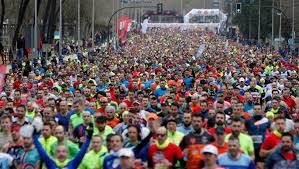
In comments to reporters at his daily briefing, Boston Mayor Marty Walsh also struck a cautionary tone while stressing that no official decision on a cancellation has been made.
“Certainly when we originally made the decision to postpone the marathon [to] September, we were already hopeful coronavirus would no longer be a significant public health risk for our residents,” said Walsh. “We are continuing to have, right now, a conversation with the BAA on the best way for all of us to move forward. I don’t have any specific updates to share on the Marathon at this time, but will keep everyone informed as we move forward.”
The marathon has been run every year since 1897, making it the oldest annual marathon in the world.
In 1918, the year of the last pandemic, the race was switched to a military relay event on the course due to American involvement in World War I.
The race is believed to pump some $200 million into the Massachusetts economy.
(05/20/20) Views: 57Michael Silverman
2020 Illinois Marathon Race Weekend has been cancelled due to COVID-19
The 2020 Christie Clinic Illinois Marathon Race Weekend has been cancelled due to COVID-19.
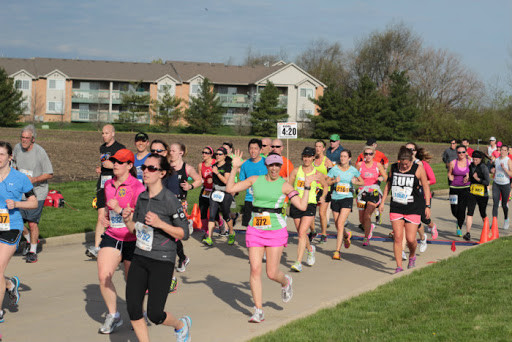
Officials initially postponed the race on March 12 with plans to reschedule it during the second half of the year.
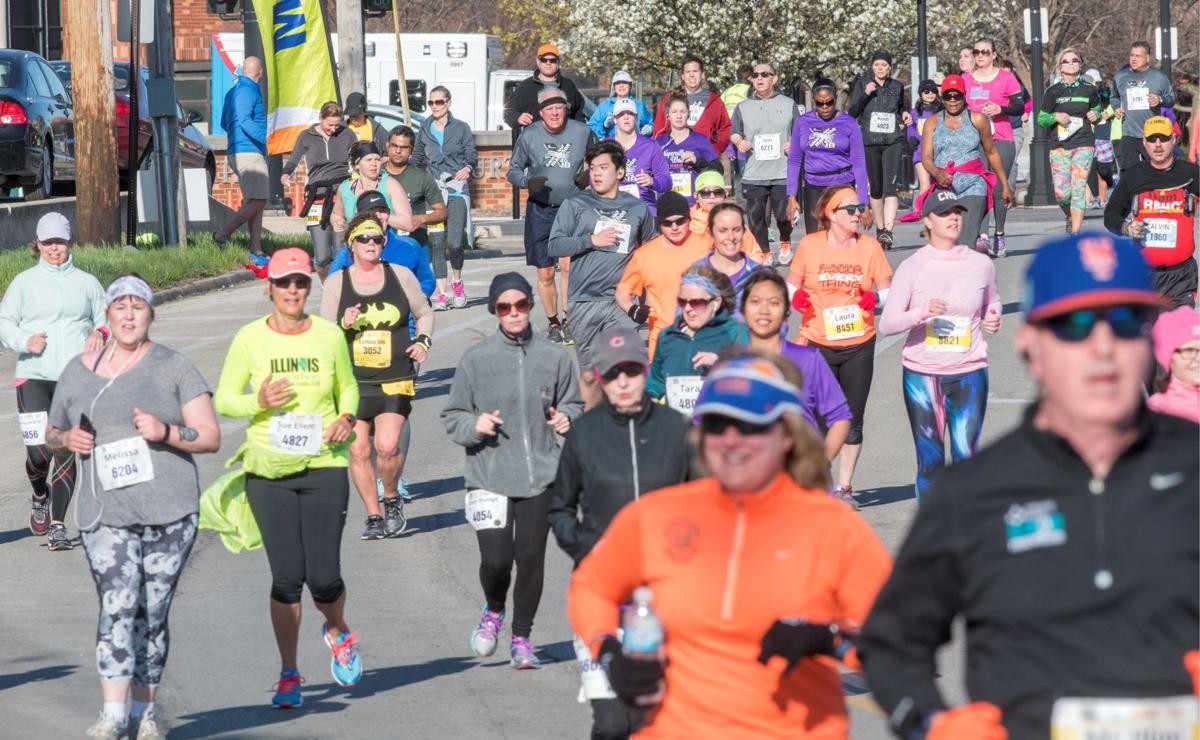
However, Illinois Marathon officials have chosen to cancel this year's event altogether.
Those who have registered for the 2020 race are advised to watch for an email, which will inform them of their options.
(05/15/20) Views: 52A message from the New York Road Runners Club about the MYC Marathon
For over 60 years, New York Road Runners has worked to help and inspire millions of people of all ages and abilities through our globally recognized events and programs. The health and safety of everyone we engage with has always been our top priority. Now, as the world battles the COVID-19 pandemic with New York as the epicenter, our concern for the welfare of New Yorkers and the running community has been heightened even further and is impacting every decision we make moving forward.
Throughout these first few months of the coronavirus crisis in New York, we have followed state-mandated stay-at-home guidelines for staff while maintaining close contact with government officials and public health experts regarding the status of our in-person events and programs. Since March 15, a total of 20 NYRR races have been canceled. As we look ahead to the 18 races remaining on our 2020 schedule, we will follow the guidance from our government partners regarding the safe resumption of NYRR’s in-person race schedule.
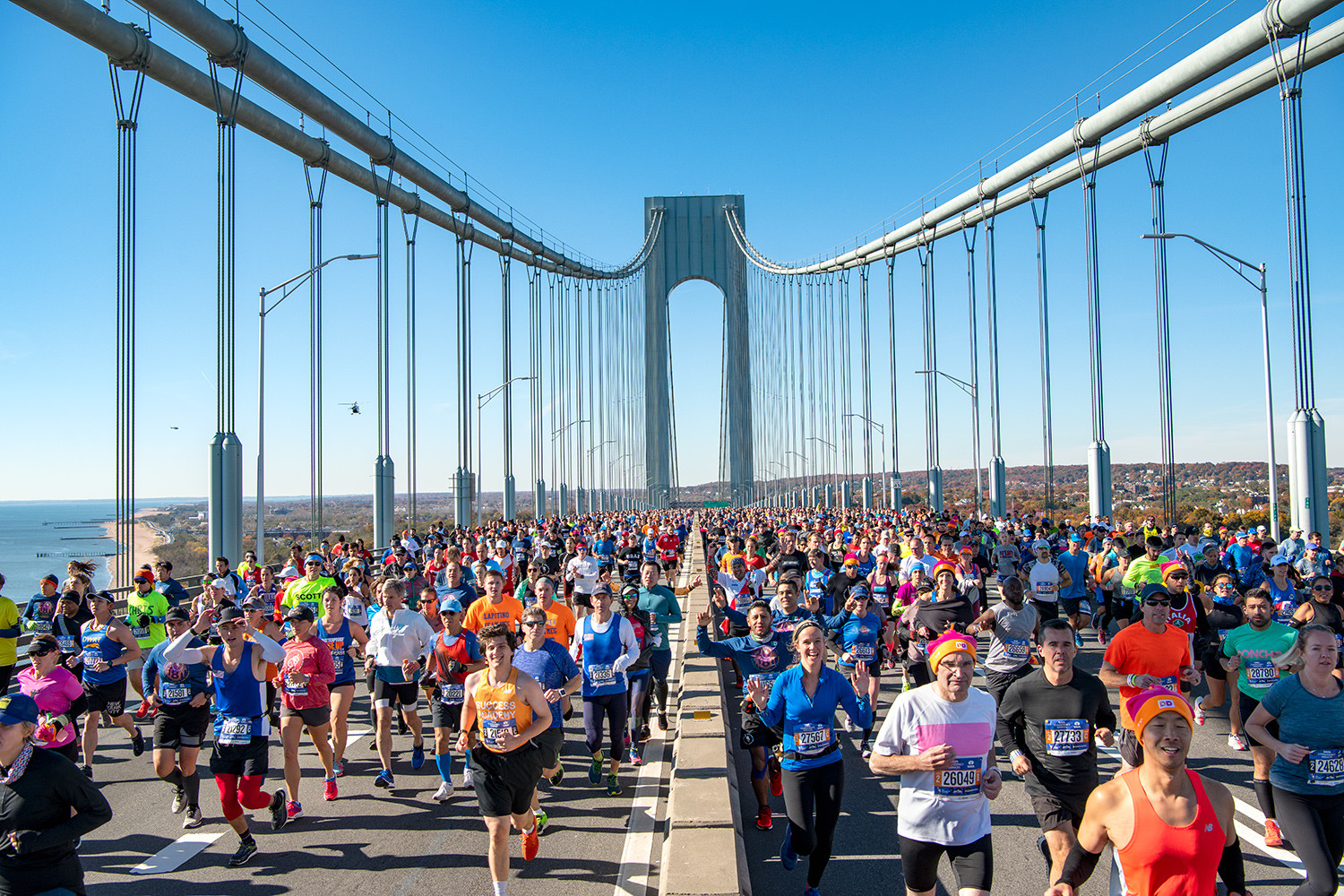
At this time, the 2020 TCS New York City Marathon—the 50th running of the race—is proceeding as planned. The NYRR team is exploring alternatives, modifications, and new approaches, all of which would need to follow government guidelines to ensure the health and safety of our runners for our in-person events and programs to return. We will continue to provide updates in as timely a manner as possible.
We understand that some runners currently registered for the TCS New York City Marathon on November 1 might be feeling anxious about participating at this time. For those who would like to reconsider their entry, please review our cancellation policy and if you wish to cancel please do so on your race registration profile page. Runners who received their entry through an official charity partner or an international tour operator will need to contact their organization directly regarding their cancellation options. We hope this gives runners some sense of control during this unsettling period.
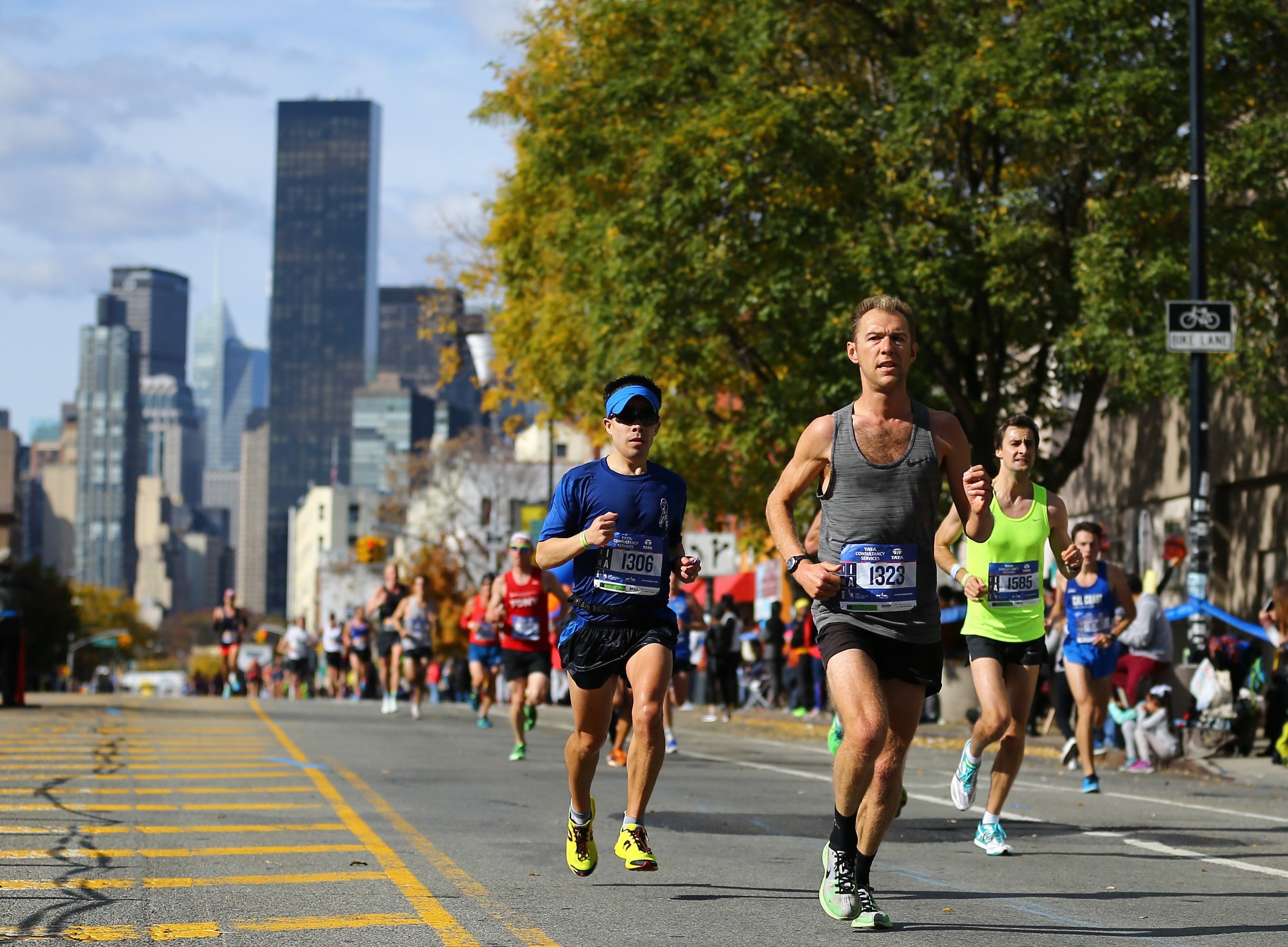
We appreciate how difficult it is for runners to plan your participation given all the uncertainty and thank you for your support and patience.
(05/15/20) Views: 45

